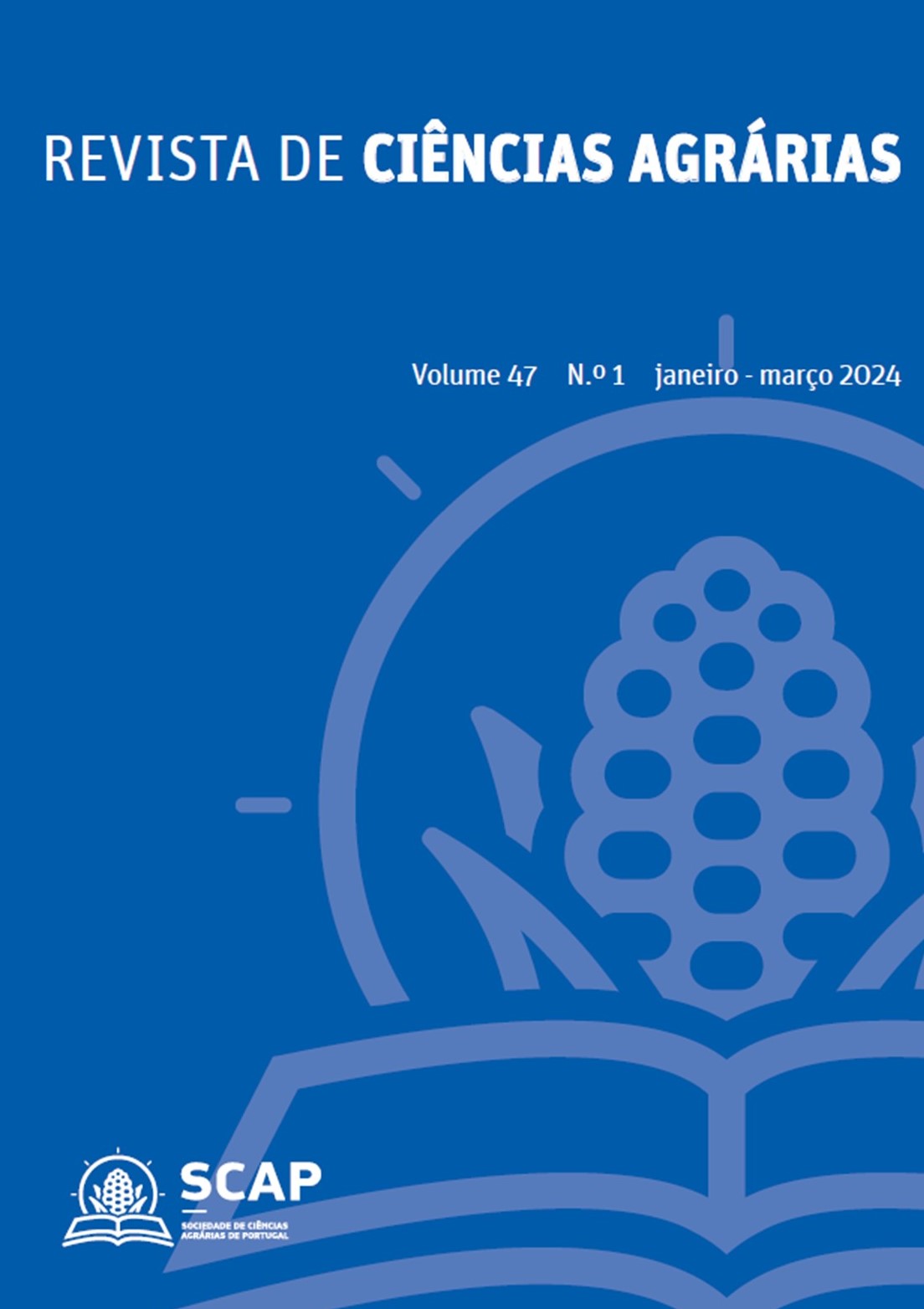Carlina acaulis essential oil: a potential natural herbicide against the weed Bidens pilosa
DOI:
https://doi.org/10.19084/rca.34938Abstract
Due to its allelopathic capability, the investigation of essential oils (EO) as sustainable alternatives for weed control has gained considerable interest in the last years. In this study, we investigated the phytotoxic capacity of the essential oil extracted from Carlina acaulis L. (Apiaceae) on the weed Bidens pilosa L. This essential oil, mainly composed of carlina oxide (98%), has demonstrated remarkable phytotoxic effects on the metabolism of Bidens pilosa. These effects include leaf necrosis, a reduction in relative water content and total leaf area, and an increase in the dry weight/fresh weight ratio, indicating possible alteration in the plant's water status. After EO short-exposition, analysis of the photosynthetic system revealed a significant decrease in the photochemical efficiency of photosystem II (ΦII) and the maximum photochemical efficiency of photosystem II (Fv/Fm). In contrast, the energy dissipated as heat (ΦNPQ) increased significantly. Damage to photosystem II was accompanied by a decrease in manganese and calcium concentrations, suggesting an alteration in the Mn4Ca cluster of photosystem II. Metabolomics analysis revealed a general decrease in sugar content and an accumulation of isoleucine and valine, commonly associated with osmotic stress situations. Our results indicate that the EO of C. acaulis is a promising natural product with strong phytotoxic potential against Bidens pilosa, and the exploration of its effects on other weeds is suggested.


